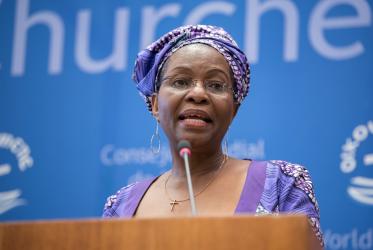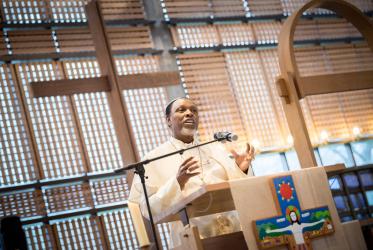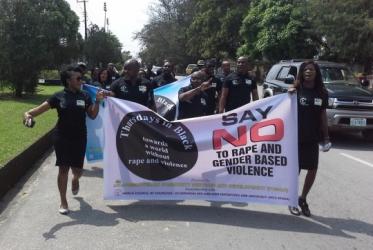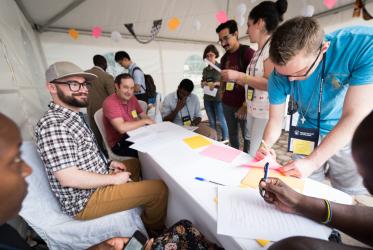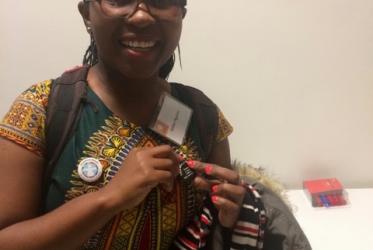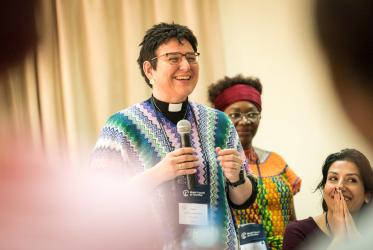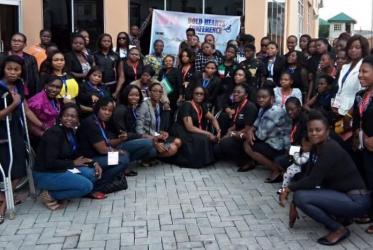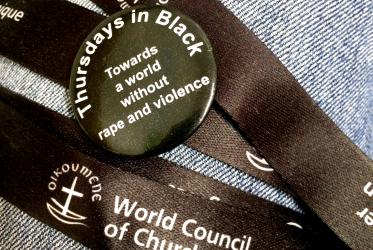Displaying 61 - 80 of 103
30 April 2018
In Nigeria, Thursdays in Black is flourishing
26 March 2018
‘Sokoni’ transforms marketplace into mission
13 March 2018
Women reflect on mission as foundation of life
07 March 2018
Konrad Raiser shares ecumenical journey of transformation
06 February 2018
African women embark on pilgrimage in Burundi
29 November 2017
“Do you know where to search for your lost child?”
18 July 2017
The work of the Spirit and discipleship in Christian mission
12 January 2017
